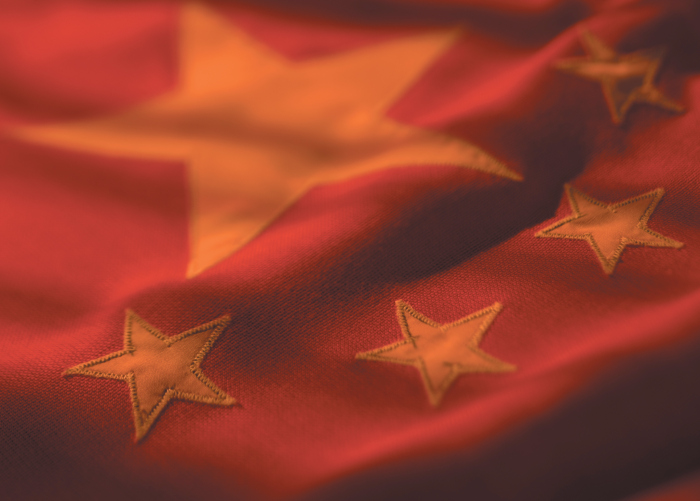Showing just how much the Chinese economy has slowed, its PMI (purchasing manufacturers index) contracted in January. The measurement at 49.8 was released by the National Bureau of Statistics of China. Any figure under 50 signal contraction.
China continues to insist that its economy will grow at a rate of 7% or better. The figure for 2014 was 7.4%. Going into this year, several elements will drag acceleration down further.
First among China’s problems is that its export economy will be challenged by the global growth rate. China’s huge manufacturing sector is the key to its gross domestic product (GDP). Recently, both the International Monetary Fund (IMF) and the World Bank set their global growth forecasts lower than they predicted at the middle of last year.
The IMF’s evaluation was particularly pessimistic:
Global growth is forecast to rise moderately in 2015–16, from 3.3 percent in 2014 to 3.5 percent in 2015 and 3.7 percent in 2016, revised down by 0.3 percent for both years relative to the October 2014 World Economic Outlook (WEO).
And its evaluation of China:
[T]he growth forecast for China, where investment growth has slowed and is expected to moderate further, has been marked down to below 7 percent. The authorities are now expected to put greater weight on reducing vulnerabilities from recent rapid credit and investment growth and hence the forecast assumes less of a policy response to the underlying moderation. This lower growth, however, is affecting the rest of Asia.
A large portion of the drag is due to the deteriorating economies of the European Union, Japan and Russian. Russia recently said it believes its economy will contract by 3% based on GDP measurement. Most of this is caused sanctions and falling oil prices.
Two things may help the Chinese economy this year. By most measures, it is the world’s largest importer of oil. A sharp drop in oil prices could affect gas and oil prices for both consumers and businesses. Also, the major unknown is the extent to which China’s consumers will continue a pattern of saving less and spending more. However, neither of these may be able to offset the global GDP problem.
ALSO READ: The 10 Worst Countries for Women
Credit Card Companies Are Doing Something Nuts
Credit card companies are at war. The biggest issuers are handing out free rewards and benefits to win the best customers.
It’s possible to find cards paying unlimited 1.5%, 2%, and even more today. That’s free money for qualified borrowers, and the type of thing that would be crazy to pass up. Those rewards can add up to thousands of dollars every year in free money, and include other benefits as well.
We’ve assembled some of the best credit cards for users today. Don’t miss these offers because they won’t be this good forever.
Flywheel Publishing has partnered with CardRatings for our coverage of credit card products. Flywheel Publishing and CardRatings may receive a commission from card issuers.
Thank you for reading! Have some feedback for us?
Contact the 24/7 Wall St. editorial team.

